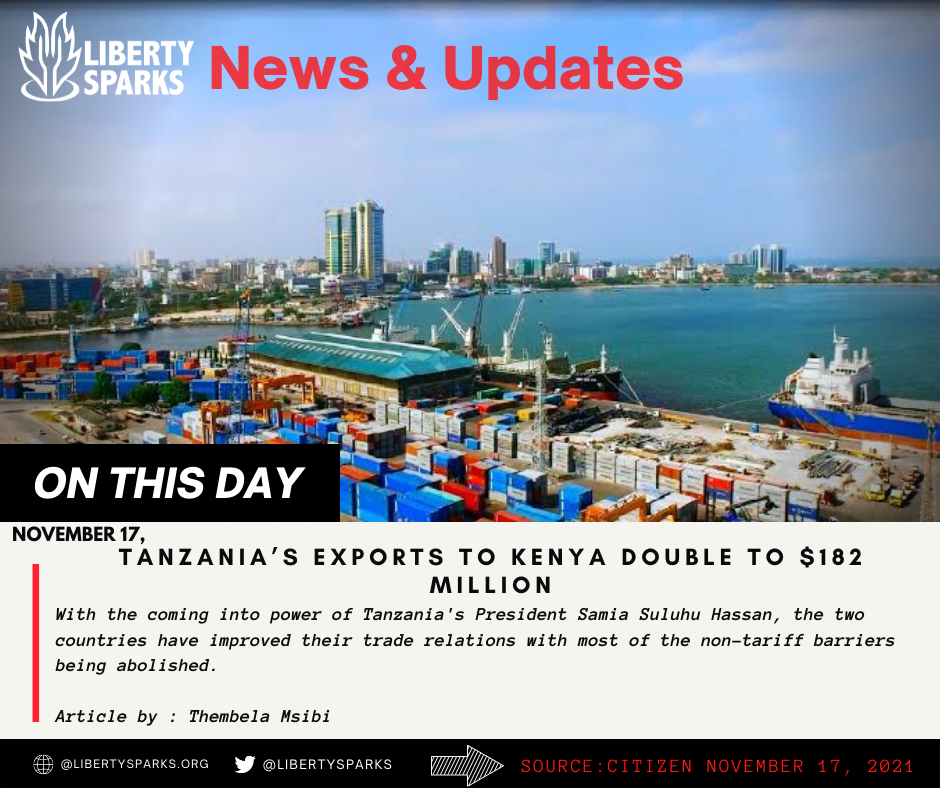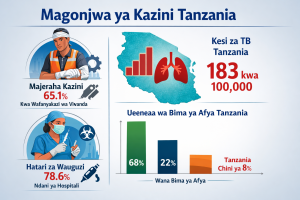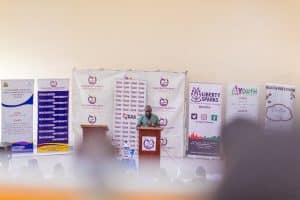
The sooner African people can realize that economic emancipation has come through AfCFTA, the better.
Kenya and Tanzania are restoring the once-decayed faith in free trade by demonstrating that economic collaboration has a win-win outcome. Effective trade facilitation between states can easily translate into considerable economic gains, as corroborated by the import-export statistics of these East African countries.
The states are solving the problem of hostility in the movement of goods, services, and persons within the African continent. One of their commendable moves is the establishment of the Namanga One-Stop Border Post, wherein people who migrate to and fro Tanzania and Kenya legally do so at one go, in one building, and in one day.
Most importantly, Kenya and Tanzania are actively showing commitment to domesticate the African Continental Free Trade Agreement (AfCFTA), which has vast opportunities. It prescribes the removal of tariffs on 90% of goods. Lower tariffs generally mean lower costs of products, and that proportionally increases purchasing power. Small businesses will have the opportunity to expand to external markets as regional and continental value chains are strengthened. Marginalized groups such as women and the youth will finally get a better return on the trade. Women, through AfCFTA-SheTrades, are capacitated and thus positioned to benefit from this economic collaboration.
As a member of the Independent Continental Youth Advisory Council on AfCFTA, I am part of a team that seeks to help consolidate Africa as an economic powerhouse, especially through youth inclusion in the Implementation of the Agreement. Follow the Council on Twitter here: https://twitter.com/AfCFTAAdvisory?t=PasX-2hC8Rim418aI17nwg&s=08
Economic interdependence is a virtue. The sooner African people can realize that economic emancipation has come through AfCFTA, the better
Article by Thembela Msibi



